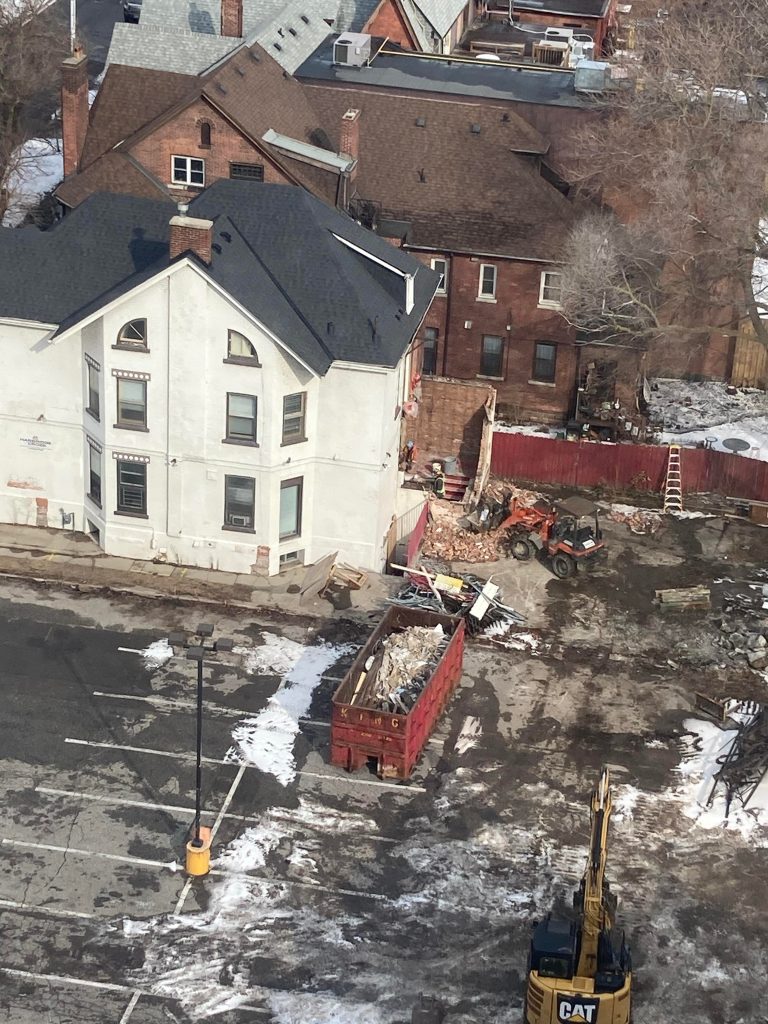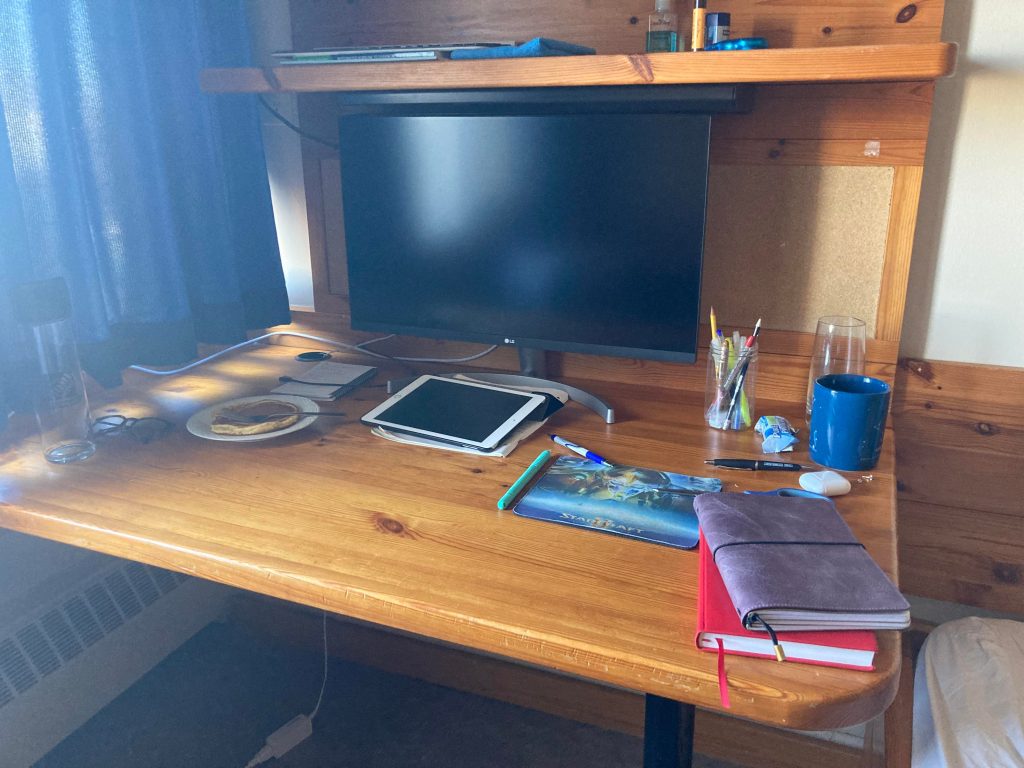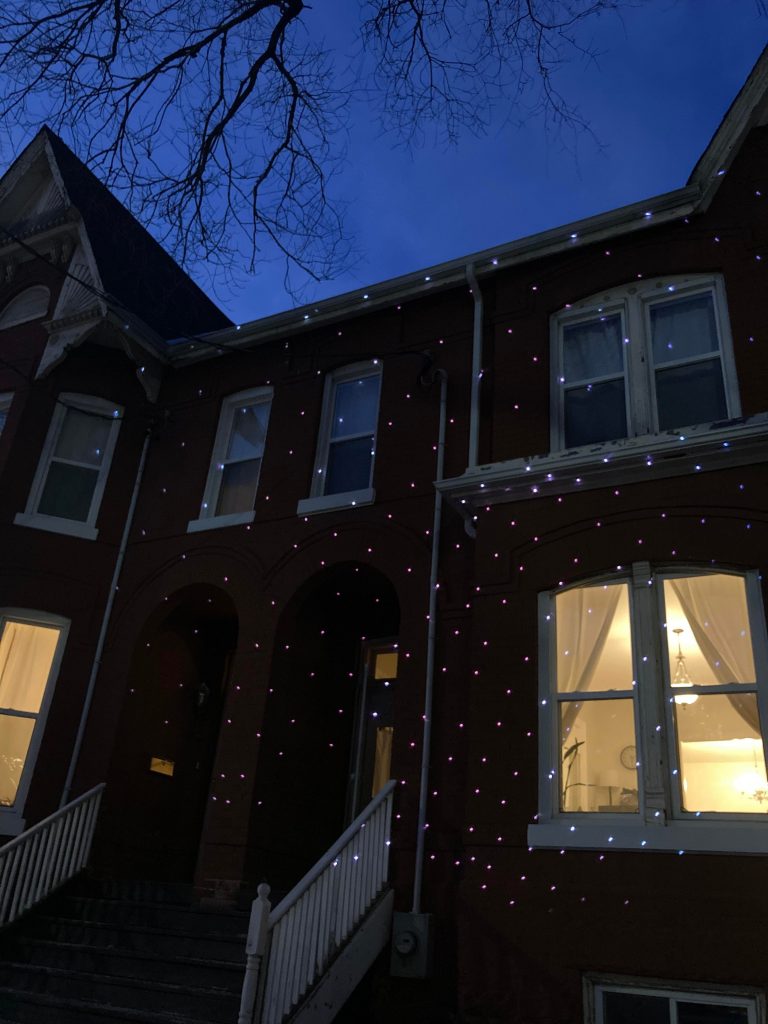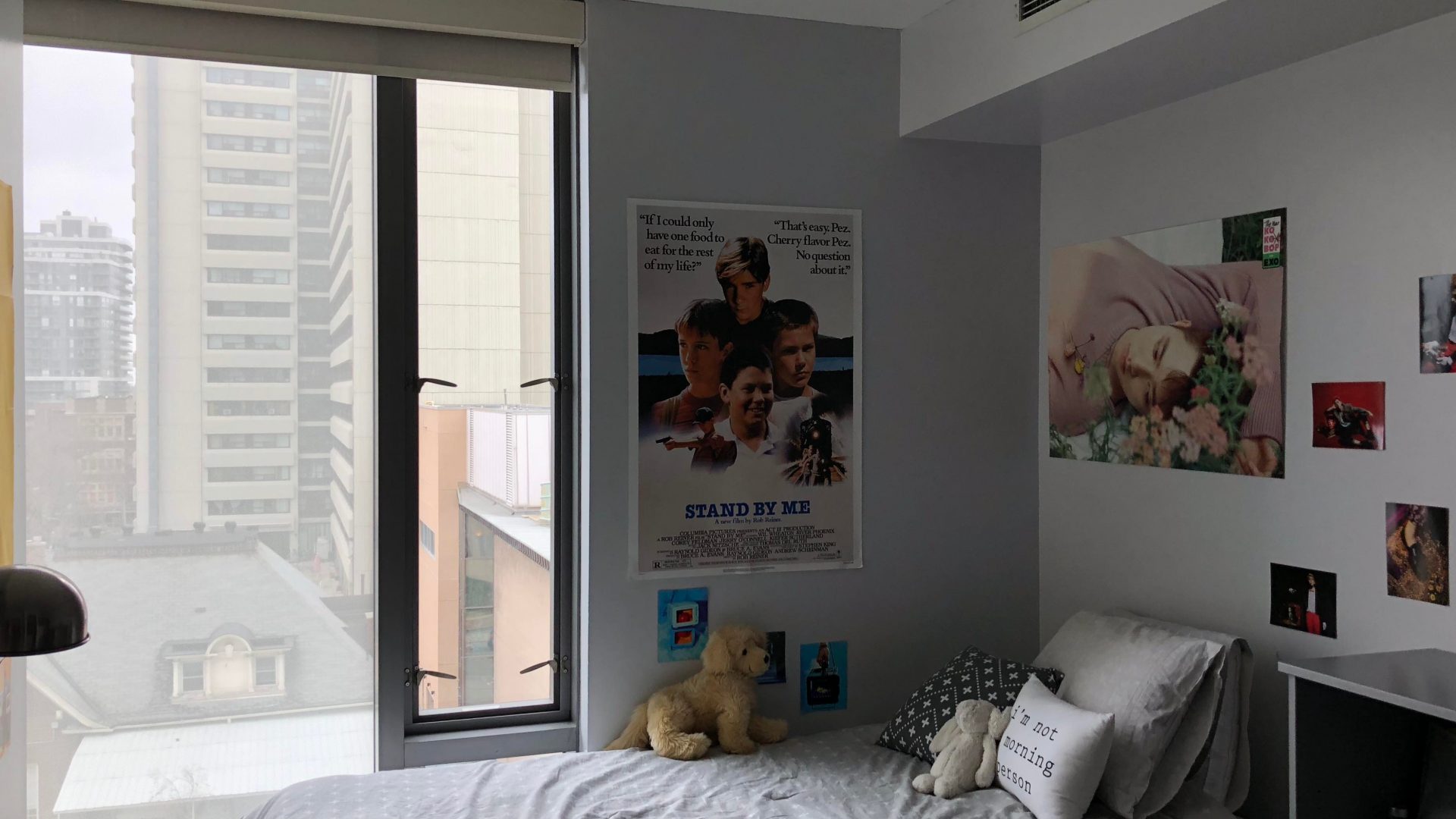If you’re an international student or a student that requires accommodation for the academic year, you may be considering your housing options for next fall. And if you’ve lived in residence this year, you may consider re-applying for next year. The real question is: what’s it like being an upper-year in residence? The idea of living with first-years may not sound appetizing for upper-year students but as someone who actually was an upper-year student in residence, I can tell you exactly what it’s like staying in campus housing.
Now I can’t talk about residence without addressing the alternative housing option; renting off-campus. It’s certainly a practical option and the majority of the students I know rent an apartment near campus. Ultimately, it boils down to your own needs for accommodation and renting was not a feasible option for my circumstances. With that said, I will break down the pros and cons of living in residence.
What you should know about residence:
I lived in Woodsworth College Residence during my first and second years at U of T. The first thing to know is that not many U of T residences reserve a lot of space for upper years. My friend in New College has to actively be involved in the residence to secure her spot for next year, and it was a similar process for me. Getting a spot in residence also relies on your academic standing and if you regularly attend meetings. In my first year, I communicated with my don about my circumstances when I couldn’t attend a meeting. Life happens and dons understand that, it’s just a matter of communication.

Why I chose residence as an upper-year:
I’m only in Toronto during the academic year. Because that’s the case, it’s difficult for me to find a short-term lease as most leases are a year long. Many people sublet their apartments when they move out for the summer but I personally didn’t want to go through that process. Additionally, I didn’t know anyone well enough to share an apartment with and a one-bedroom unit was too costly.

I lived in my residence for a whole school year, I was already familiar with it and comfortable enough that it served as the most feasible option. I didn’t have to worry about roommates since I’d be matched with other students and only had to worry about my fees. I had the support of my don and residence staff 24/7. Safety was also another factor I considered; renting is safe for the most part, don’t get me wrong. But filtering out potential scams and unlawful landlords was what cautioned back into choosing residence.
Now for an overview of the pros and cons of living in residence as an upper-year:
Residence pros:
Prime location. Living on campus means that you have less transit fees to get to class. Additionally, you are in walking distance to grocery stores, shops, and other essentials around campus.
Reliable and safe process. You don’t have to stress about potential scams or any complicated procedures for applying for residence and paying fees because it’s directly with the school and likely a familiar process for those who have lived in residence.
Community and events (free food!). Residences at U of T do their best to create a community for their students. Dons will often run events which usually have food and games or maybe themed nights. Residences typically give their dons a budget to run these events so that’s always an incentive to look forward to.
Residence cons:
Cost. Residence is more costly than renting off-campus. And if you choose a residence with a mandatory meal plan, that’s an additional cost to account for.
Mandatory floor meetings and residence tasks. Attendance for these meetings is important for being a resident at a U of T accommodation. They create a sense of community in residence and if you’re more independent and have other priorities then residence life may not be the best fit.
Involvement in residence is important for securing a spot as an upper-year. Similar to the previous point, involvement is important for upper-year students because first-years are prioritized in residence.
Spot is not guaranteed. The points above address how involvement is important for getting back into residence. But as always, it all comes down to space, and sometimes there just isn’t enough. I know there are some residences that accommodate upper years more than others so it’s important to check in with your own residence and their upper-year process.

Final takeaway: If you want to live in residence, don’t let the cons discourage you from applying. My best advice is to have a backup plan in mind for whatever you decide to do for your housing options for the academic year.
If you are looking for housing while juggling your workload and assignments, you’re doing great and I commend you for your diligence! Good luck in this process and I hope everything works out!

0 comments on “Living in Residence as an Upper Year: What You Need to Know”